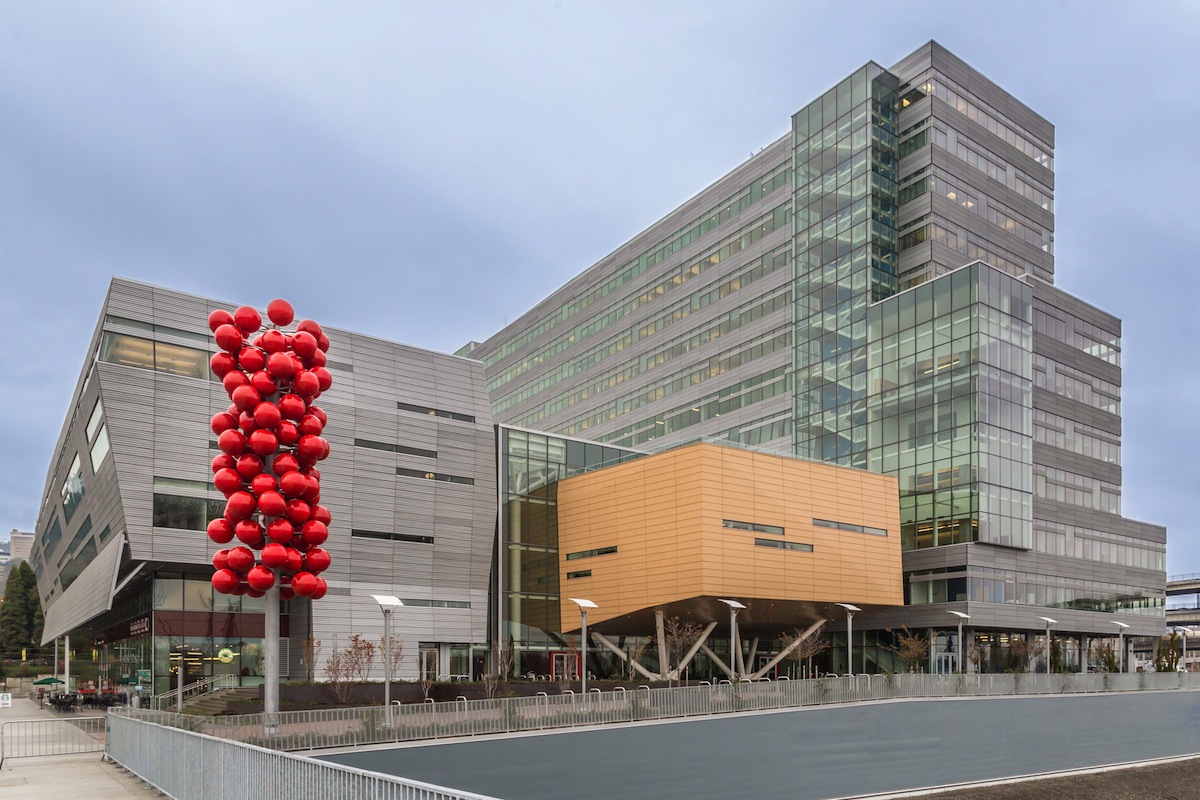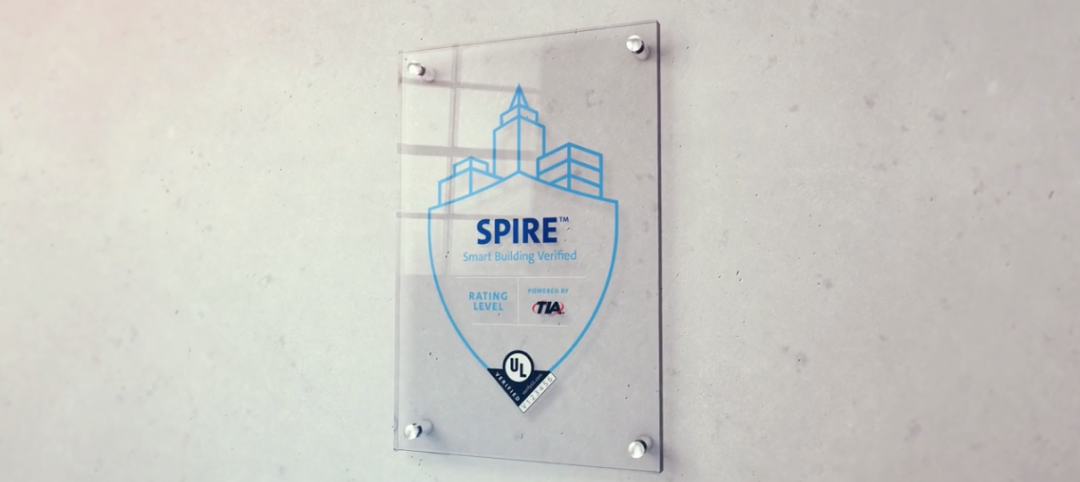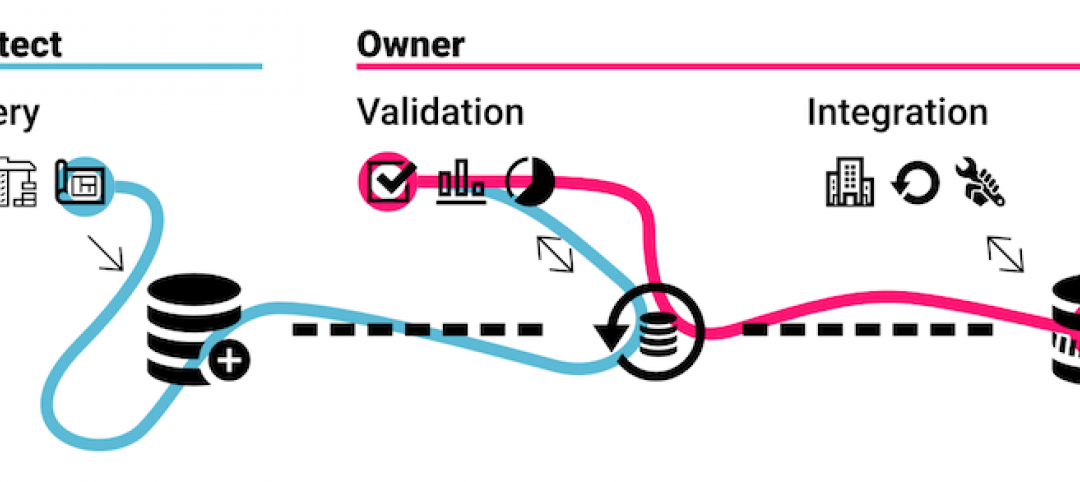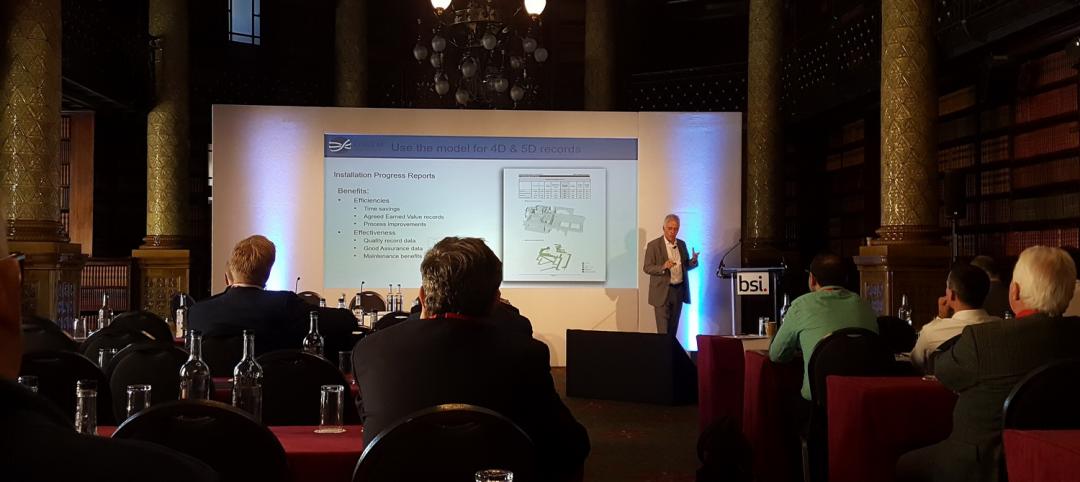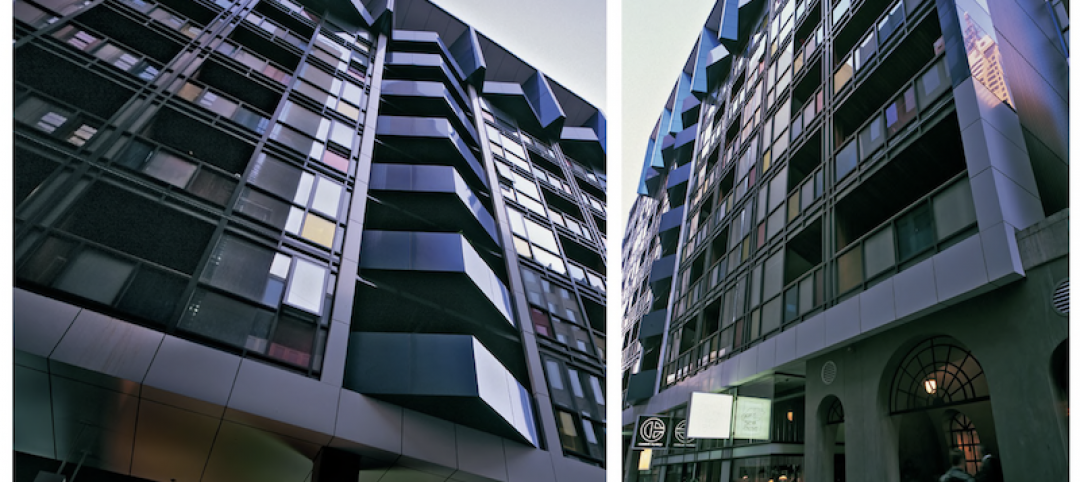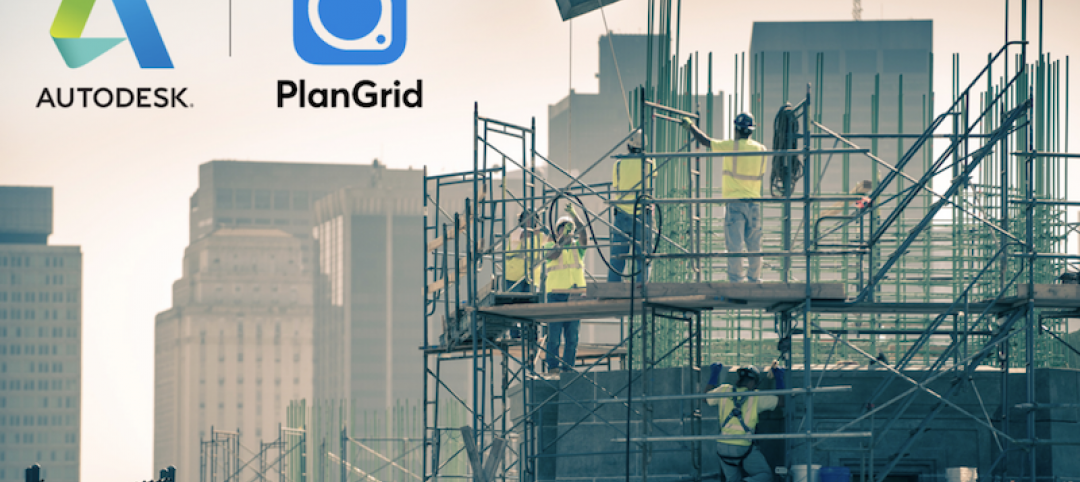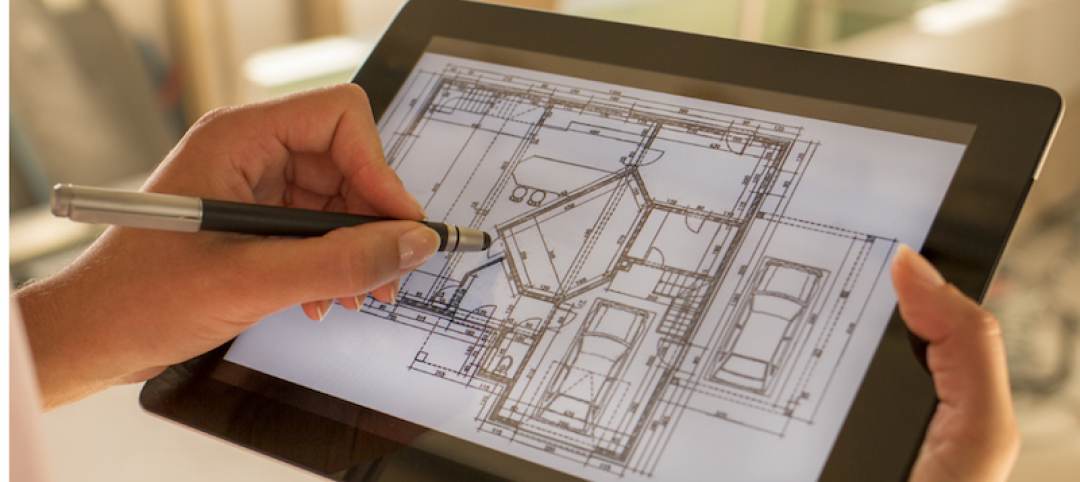The American Institute of Architects (AIA) Technology in Architectural Practice (TAP) Knowledge Community developed the AIA TAP Innovation Awards to honor state of the art of the design, delivery, and management of the built environment as enabled by advanced processes and technologies.
TAP has spearheaded efforts to highlight case studies from the profession in the harnessing of BIM technology and processes to further design, construction, and project excellence. The AIA TAP Innovation Awards emphasizes how this array of new practices and technologies will further enable project delivery and enhance data-centric methodologies in the management of buildings for their entire lifecycle, from design, to construction, and through operations.
Categories for the TAP Innovation Awards include: Stellar Architecture, Delivery Process Excellence, Academic Program/Curriculum Development (none selected this year), and Exemplary use in a Small Firm.
Category A – Stellar Architecture
Submissions in this category exhibited exemplary architectural design and display innovations in practices and technologies.
Emerson College; Los Angeles
Morphosis Architects
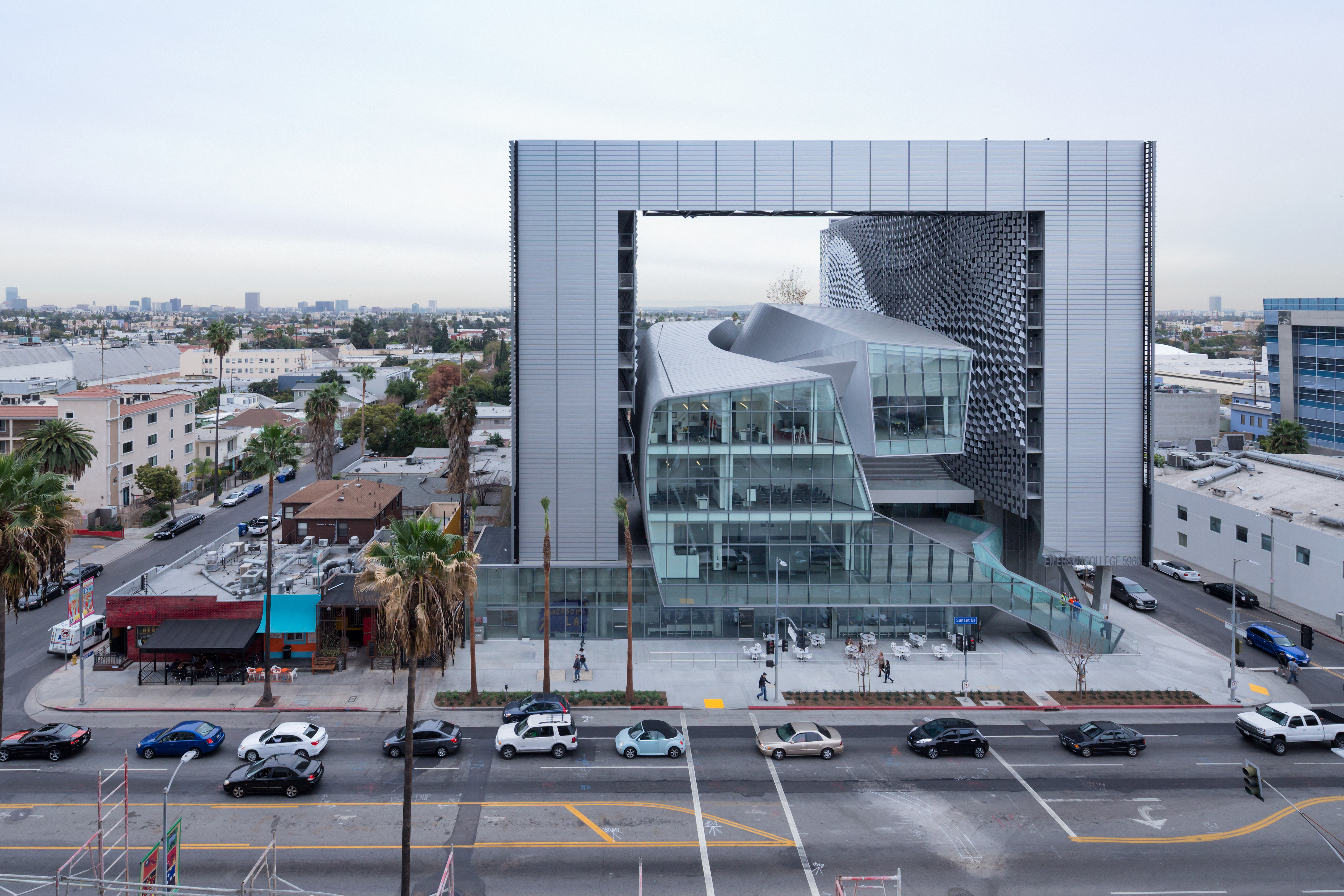 An all-glass facade at street level invites students and the community to mingle at the public cafe. Image: Iwan Baan
An all-glass facade at street level invites students and the community to mingle at the public cafe. Image: Iwan Baan
Morphosis created a custom computational tool to layout key design elements that allowed for aesthetic and sustainable features to be developed in concert with each other. Anticipated to achieve a LEED Gold rating, this project delivers advanced energy efficiency features including radiant heating and cooling, window contacts to facilitate natural ventilation, operable sunshades, user controllability, and solar thermal collectors.
The project is expected to achieve a 15% energy cost savings over baseline figures and a 31% reduction of potable water use in all fixtures. Responding to local weather conditions, the automated sunshade system opens and closes horizontal fins outside the high-performance glass curtain-wall to minimize heat gain while maximizing daylight and views.
Category B – Delivery Process Excellence
Submissions in this category exhibited outstanding examples of innovations in collaboration in the project delivery process to fulfill project goals.
University of Delaware’s Interdisciplinary Science and Engineering Lab (ISE Lab);
Newark, Del.
Ayers Saint Gross
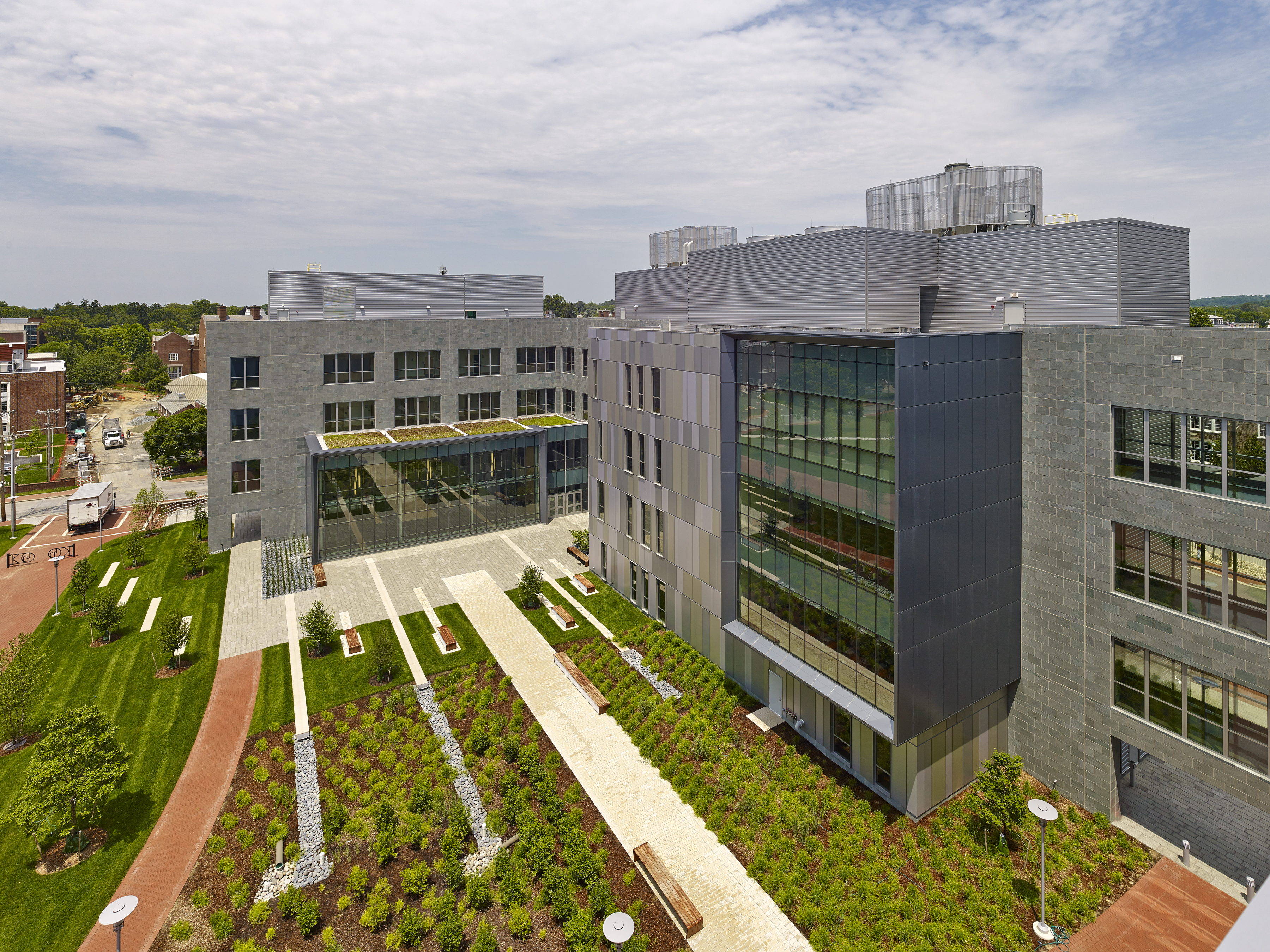 The building and site utilize best green practices, including capturing stormwater in the landscape. Image: Tom Holdsworth
The building and site utilize best green practices, including capturing stormwater in the landscape. Image: Tom Holdsworth
The architect and consulting engineers developed 13 design models using BIM software, which were combined to allow a full understanding of how each building system affected the other. These models were constantly available to the construction management team and fabricators via the project cloud.
An open exchange of files between design and construction entities allowed the project to be completed 60 days ahead of schedule. Robotically-controlled bulldozers enabled a greater level of control for site grading and retention swales. A constantly evolving schedule was made possible by linking modeled elements to timelines, ensuring early or on-time completion of each phase of construction.
Honorable Mention
OHSU/PSU/OSU Collaborative Life Sciences Building; Portland, Ore.
SERA Architects and CO Architects
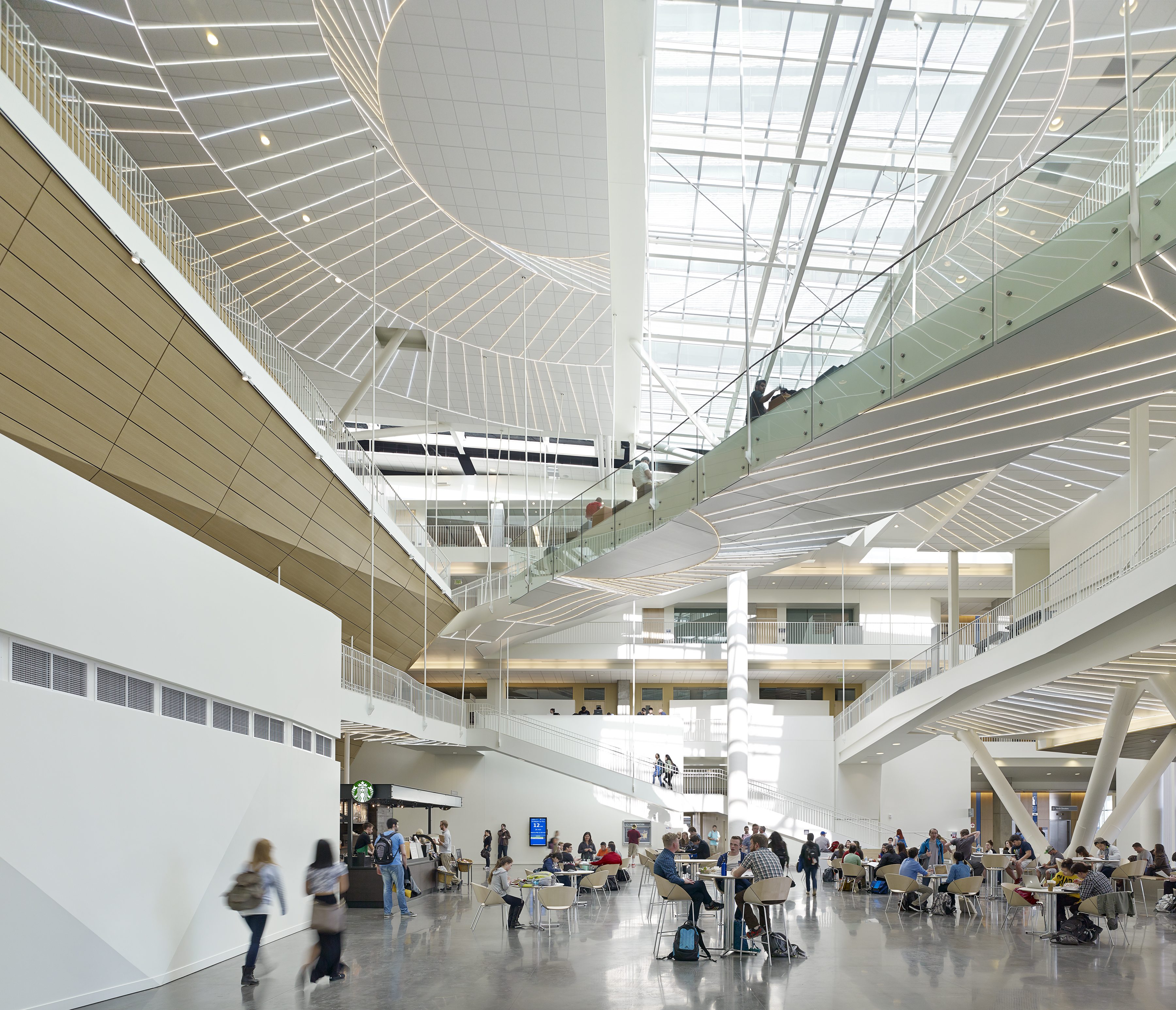 The complex geometries of the building, including the atrium and its ramping system, were molded and coordinated in Revit and Navisworks. Image: Jeremy Bitterman
The complex geometries of the building, including the atrium and its ramping system, were molded and coordinated in Revit and Navisworks. Image: Jeremy Bitterman
With 28 design teams in 10 states, the use of modeling software, file exchange software, cloud-based collaboration technology, and document management tools was critical to the project’s work flow. The entire construction team chose to collocate throughout the project, which allowed it to be conceived, constructed, and delivered in only 38 months.
During the latter stages of design, the architect, engineers, contractor, and subcontractors met frequently to hold clash-detection meetings, resolving system conflicts during design and easing the 3D model transition to the subcontractors. The design team calculated the total savings to the owner for their all-digital process was just under $10 million when accounting for print costs and labor hours.
Category D – Exemplary Use in a Small Firm
Submissions in this category exhibited exemplary improvements through application of progressive practices, innovative processes and advanced technologies in a firm of 10 or fewer members, at any stage(s) of the overall process of project feasibility assessment, programming, design, documentation, procurement, construction, and operation.
D-Bridge
Point B Design
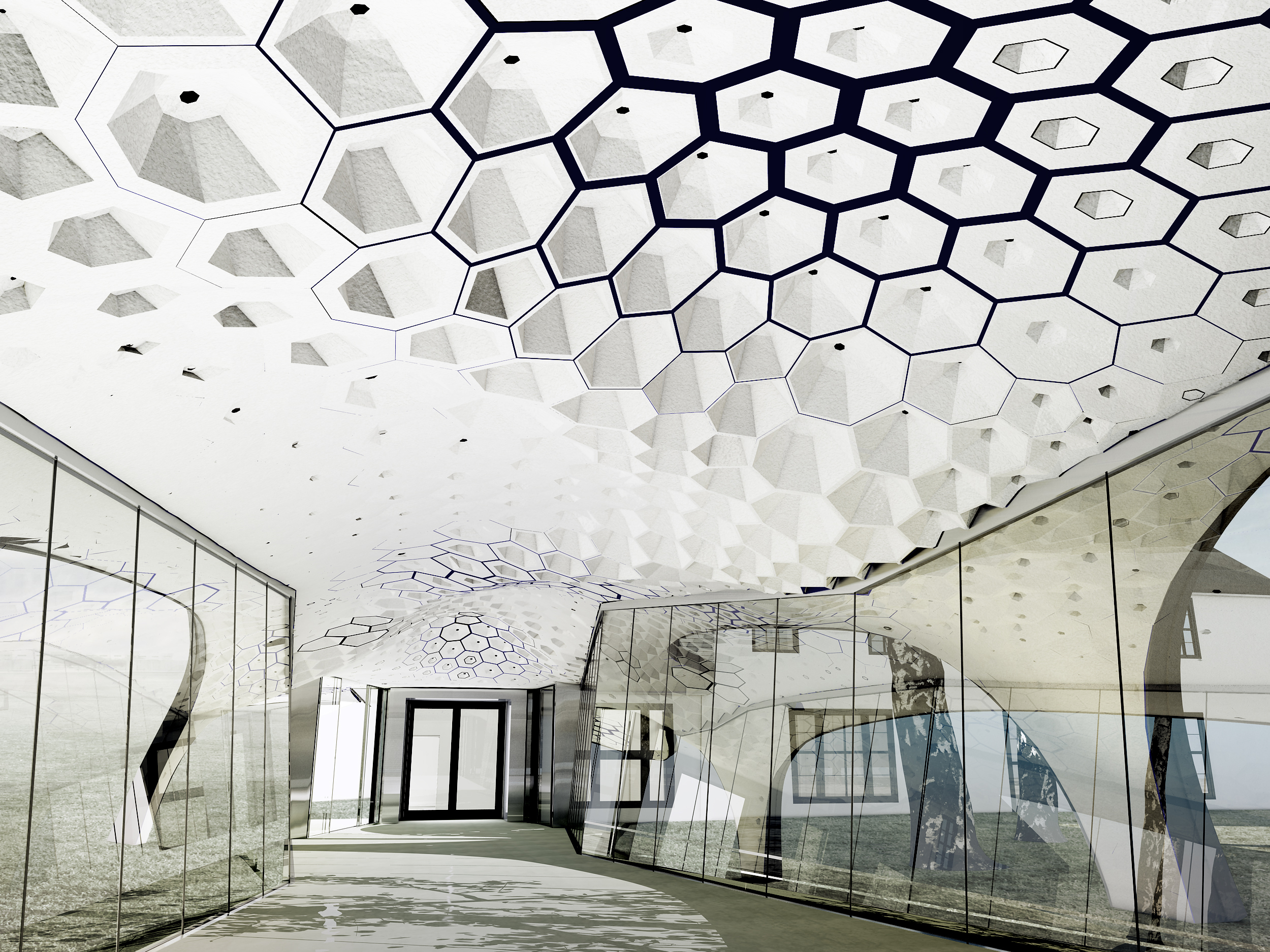 Visual voxels project structural voels' geometry into the interior, maximizing visual stimulation. Image: Point B Design
Visual voxels project structural voels' geometry into the interior, maximizing visual stimulation. Image: Point B Design
The D-Bridge is a yet-unbuilt architectural project and experimental structure that serves as an extension to a private gallery and residence. The core feature of the Bridge serves as both its form and structure with 1,000 laser-cut, folded cells made from flat sheets of stainless steel (voxels). By developing a cultural change in practice, the team has been able to engage everyone involved in the project to create a greater level of collaboration and understanding.
The jury for the AIA TAP Innovation Awards include:
• Steven Wolf, AIA (Chair), Target Corporation
• Dr. Carrie Sturts Dossick, P.E., University of Washington
• Federico Negro, CASE
• Shane Burger, Woods Bagot
• Randall Deutsch, AIA, University of Illinois at Urbana-Champaign
Related Stories
AEC Tech | Jan 28, 2021
The Weekly show, Jan 28, 2021: Generative design tools for feasibility studies, and landscape design trends in the built environment
This week on The Weekly show, BD+C editors speak with AEC industry leaders from Studio-MLA and TestFit about landscape design trends in the built environment, and how AEC teams and real estate developers can improve real estate feasibility studies with real-time generative design.
AEC Tech | Nov 12, 2020
The Weekly show: Nvidia's Omniverse, AI for construction scheduling, COVID-19 signage
BD+C editors speak with experts from ALICE Technologies, Build Group, Hastings Architecture, Nvidia, and Woods Bagot on the November 12 episode of "The Weekly." The episode is available for viewing on demand.
Smart Buildings | Oct 26, 2020
World’s first smart building assessment and rating program released
The SPIRE Smart Building Program will help building owners and operators make better investment decisions, improve tenant satisfaction, and increase asset value.
BIM and Information Technology | Oct 8, 2020
4 challenges of realizing BIM's value for an owner
In recent years, we have found our consulting practice engaging more and more with owners that are questioning the value of BIM and how they can make use of potentially data-rich BIM assets.
AEC Tech | Feb 5, 2020
BIM London: A glimpse of BIM discussions across the pond
Digital twin, ISO standards, blockchain, and data were the hot topics at the recent The Digital World: BIM event.
Building Technology | Mar 6, 2019
Australia’s prefab construction sector is trying to break out from its 'getting there' stage
A paper by Deloitte looks back at an origin case study. But the country has yet to develop a fully formed industry.
BIM and Information Technology | Jan 18, 2019
BIM: Sharing is caring
Sharing of and reliance on BIM data is central to the idea that BIM will lead to a more efficient, more economical, and more collaborative construction process.
BIM and Information Technology | Jan 10, 2019
'BIM to AR' comes to the masses
Could new technology that simplifies the transfer of BIM models to augmented reality push AEC firms to go all in on extended reality?
Building Technology | Dec 20, 2018
Autodesk is spending $1.15 billion to acquire two construction tech providers
PlanGrid and BuildingConnected are the latest pieces in the company’s quest to digitize the construction industry.
Building Technology | Dec 18, 2018
Data and analytics are becoming essential for EC firms competing to rebuild America’s infrastructure
A new paper from Deloitte Consulting advises companies to revise their strategies with an eye toward leveraging advanced technologies.


